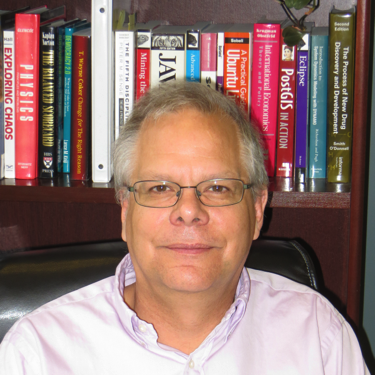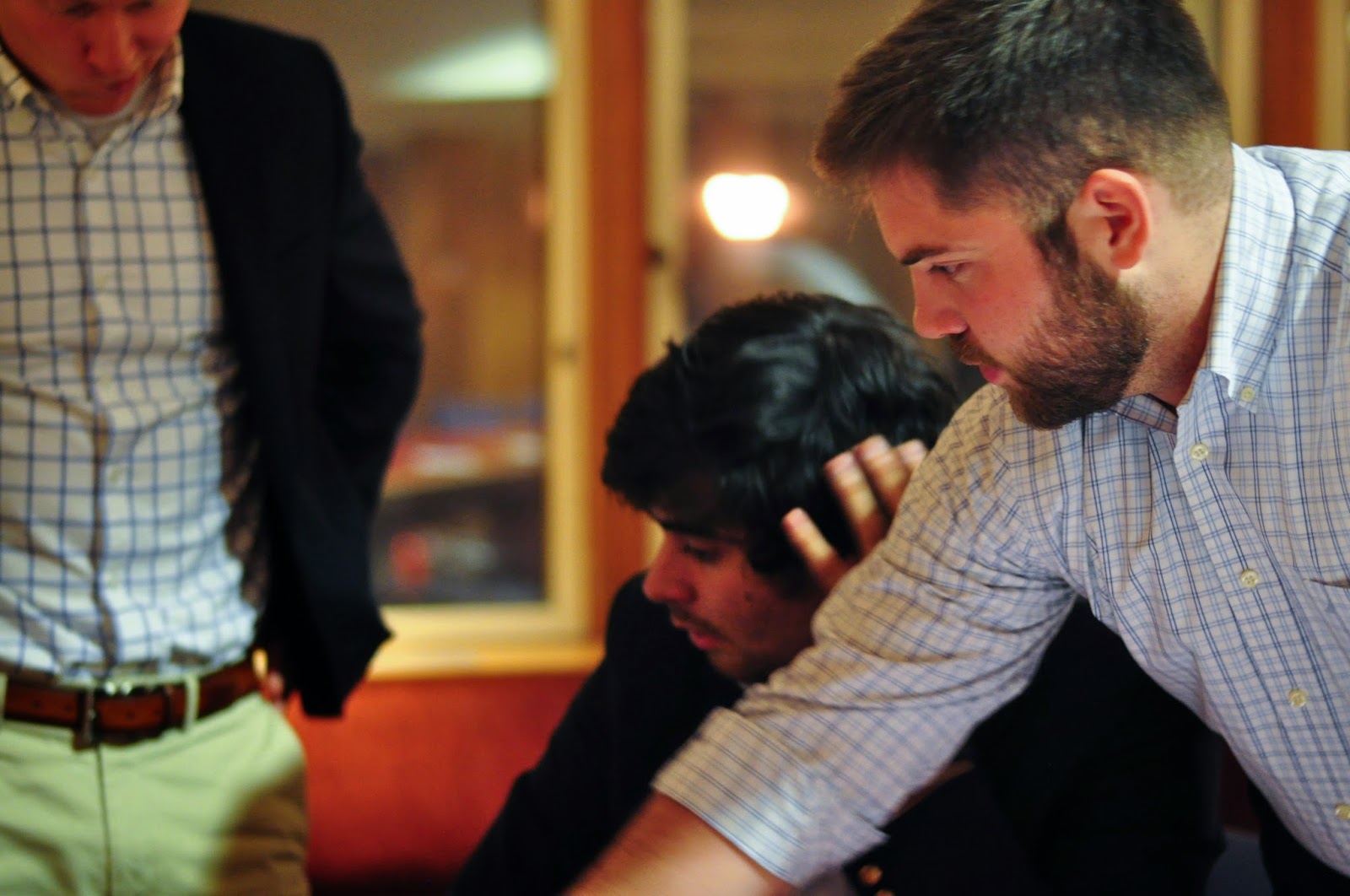- Public Policy
- Leadership
- Funding
- News & Events
- About the Center
Back to Top Nav
Back to Top Nav
Back to Top Nav
Back to Top Nav
This ongoing series explores sessions of the Rockefeller Leadership Fellows (RLF) program. RLF provides fellows with resources in leadership theories and practical skills. Selected their Junior Spring, these Seniors take part in the workshops, dinner discussions, and team-building exercises as they gain a better understanding of the qualities and responsibilities necessary for leaders and successful leadership styles.
The 2014-2015 Rockefeller Leadership Fellows were treated to a double-length session to start the Winter Term. Thayer School of Engineering Senior Lecturer Steve Peterson gave his time to provide us with a special approach to grasping the intricacies of complex, dynamic, real-world systems.
 |
| Senior Lecturer Steve Peterson |
Several of the Fellows are enrolled in Peterson’s course on Systems Dynamics in Policy-Design and Analysis (ENGS 18) this term, but to level the playing field and develop our basic understanding of how systems operate, we were thrust into the beer distribution game. The beer game, an experiential business simulation, divides players into several teams with individual players managing the various stages of a supply chain. Communication with teammates is prohibited. Participants must develop strategies on their own designed to minimize costs from excess inventory and back orders. Almost universally, however, the strategies fail and frustration abounds. This is due to many factors, though a few key influences are positive feedback loops and emotional decision-making.
 |
| Rockefeller Leadership Fellows at work. Photo by Malika Khurana. |
While our debriefing of the game was extensive, we then turned to other applications of the method of thinking. For instance, Peterson demonstrated how he has used systems thinking in modeling terrorist networks. We then moved closer to home, as the Fellows applied systems thinking to the College’s Moving Dartmouth Forward initiative. Attempting to model policies in a dynamic environment that includes time delays and reactive feedback proved challenging, but gave us a better handle on the method of contemplating problems.
Ultimately, Peterson offered us a new and powerful tool to try to address issues in system contexts that can over-correct for their initial shortcomings. The effects of our actions can have a tendency to amplify in the long-term. It is therefore vital that we consider those added effects as we make decisions.
-Written by John Howard '15, 2014-2015 Rockefeller Leadership Fellow